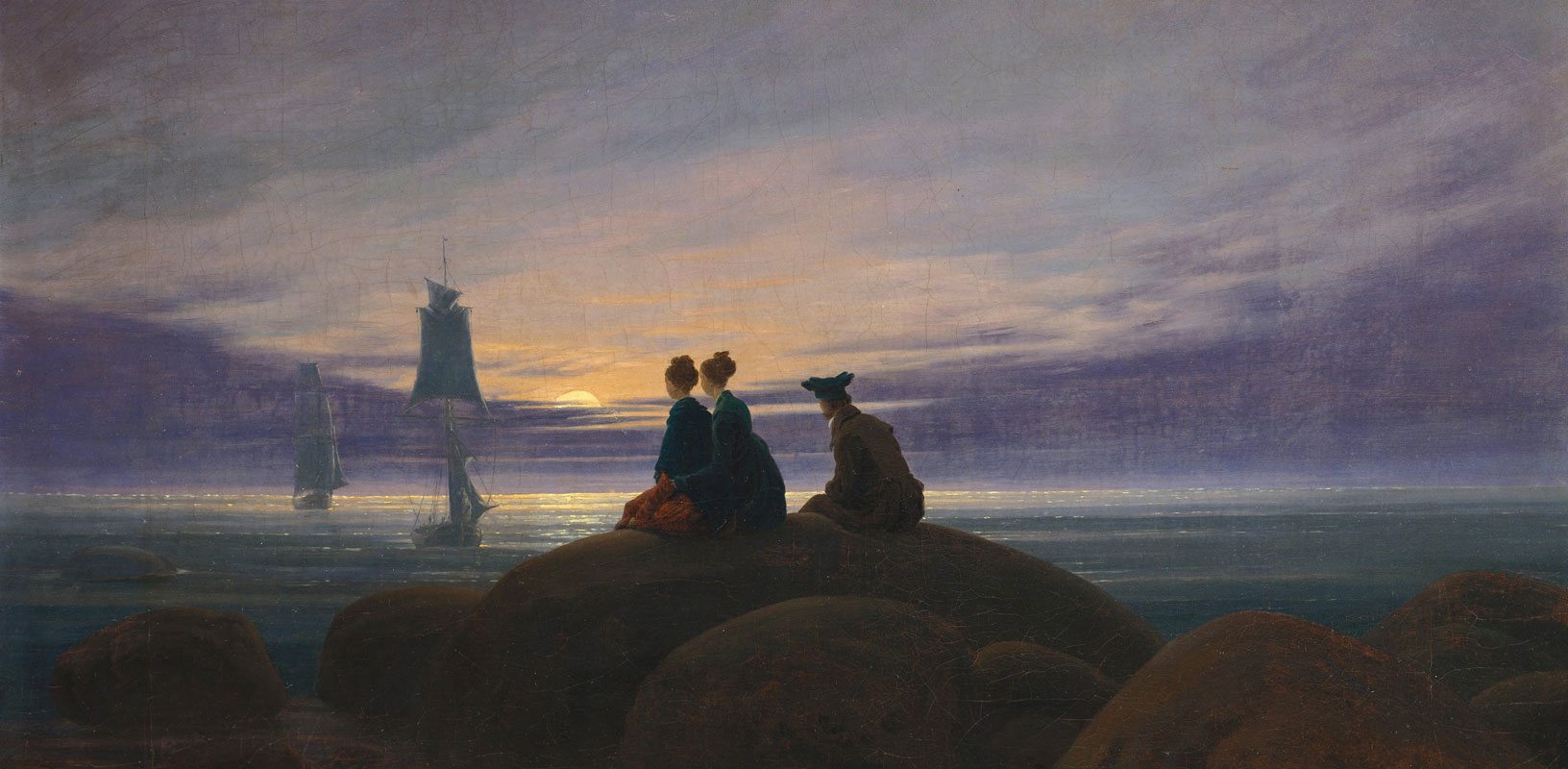OPERA SEARCH
Detlev Glanert: interview introduces his new opera Oceane

Detlev Glanert introduces his new opera about a fascinating woman from the sea, to be premiered at the Deutsche Oper in April, staged by Robert Carsen and conducted by Donald Runnicles.
What attracted you to Oceane von Parceval as subject for an opera?
It is the old Undine/Melusine myth, updated to modern times. The source was a long novel fragment by German writer Theodor Fontane (1819-1890), the most important German writer and novelist after Goethe, adopting new social realism and providing an unvarnished view of life and love which was shocking for its time.
What is the contemporary relevance of the myth?
Central is the relationship between man and nature and, in Fontane’s Oceane, this opposition mirrors old and new times: the friction between a deeply traditional culture and the new Second Reich after 1871 was clearly felt, as these two viewpoints did not sit well together – this was to remain unresolved until the First World War. Such a conflict is also relevant to our own fractured age where we have a similar clash of social beliefs, some stuck in a vanished past and others in an impossible Utopian vision for the future.
Was it necessary for your librettist Hans-Ulrich Treichel to expand and develop Fontane's material?
Fontane’s Oceane fragments (1880) remained unfinished at his death and comprise about 40 sheets, with some chapters in their entirety and others completely empty. We had to fill out the plot and flesh out the characters, so much of the libretto is our own invention. The story is simple and touching. A young Baron falls in love with a mysterious and beautiful young lady guest at a seaside hotel. She is cold and distant but wants to return his affections, but cannot, even if she urgently wants to feel love. She feels at home on the seashore and with her total incomprehension of social rules she causes several scandals, prompting a reaction of pure hate from the Pastor and the hotel guests. She decides at the end to return to her natural element, the sea.
Oceane is a strange and disruptive outsider, 'a woman of the sea'. Does the turbulent ocean play a role in the opera?
Oceane and the sea – which could be viewed as a character in its own right - represent the natural world that is opposed to human social mores and industrial ‘progress’. She is a fascinatingly complex character. For example, she displays outbursts of passion, dancing wildly to wreck the hotel’s summer ball, giving asymmetric answers and singing to the sea in a violent storm that ends the summer. The chorus represents the voice of the ocean into which she is finally reabsorbed; she knows that she will remain helpless in this chaotic world.
What are the major differences adapting Fontane’s story into an opera?
The text’s first major gap was that the fragments didn’t elaborate the central problem of the mythical conflict in terms of plot, so in the opera we had to chart the motivations for the characters that lead to the catastrophe. The second gap was a psychological one in Oceane’s personality that on stage could be brought to life through music. The third gap was the ocean itself: it can speak to Oceane and the orchestra fills this void with four interludes, two long, two short. Despite the coastal setting these aren’t sea interludes, as they are describing an emotional situation that happens inside Oceane’s soul.
The Deutsche Oper has provided you with a dream team of conductor, director and hand-picked singers. Did this influence the composition?
I’m delighted that Donald Runnicles is joined by Robert Carsen, a director I’ve long admired for his striking stage pictures and acute psychological understanding. I knew the wonderful cast of seven main roles when I was composing the opera, which made an enormous difference to the vocal writing. Soprano Maria Bengtsson takes the title role, with tenor Nikolai Schukoff as the Baron Martin von Dircksen, and Albert Pesendorfer as Pastor Baltzer, a very dark personality who recognises Oceane as a dangerous foreign threat and potential nemesis. I even have the luxury of Doris Soffel as Madame Louise, the owner of the dilapidated hotel.
What is the ongoing relationship between stage and concert works in your output?
All my concert works have a theatrical perspective, with characters making entrances and exits. So, my new trumpet concerto has friend, fellow composer and conductor Oliver Knussen as the imaginary protagonist, whose sad death was announced as I embarked on the composition. Not in the trumpet concerto but in other orchestral works I’m usually looking ahead to the next opera and these pieces are often a workshop for preparatory exploration. The two pieces most connected to Oceane are Megaris with its seductive siren calls, and Frenesia with its storm music. Rather than specific musical material, I’m mostly trying out particular soundworlds or colours and psychological situations, which Verdi called la tinta.
Interviewed by David Allenby (2018)
Glanert
Oceane (2016-18)
Opera in two acts
Libretto by Hans-Ulrich Treichel
after Oceane von Parceval by Theodor Fontane (G)
28 April 2018 (world premiere)
3/15/17/24 May 2018
Deutsche Oper Berlin
Conductor: Donald Runnicles
Director: Robert Carsen
> Further information on Work: Oceane
Painting: detail from Moonrise over the Sea (1822) by Caspar David Friedrich (Alte Nationalgalerie, Berlin/Wikimedia Commons)
